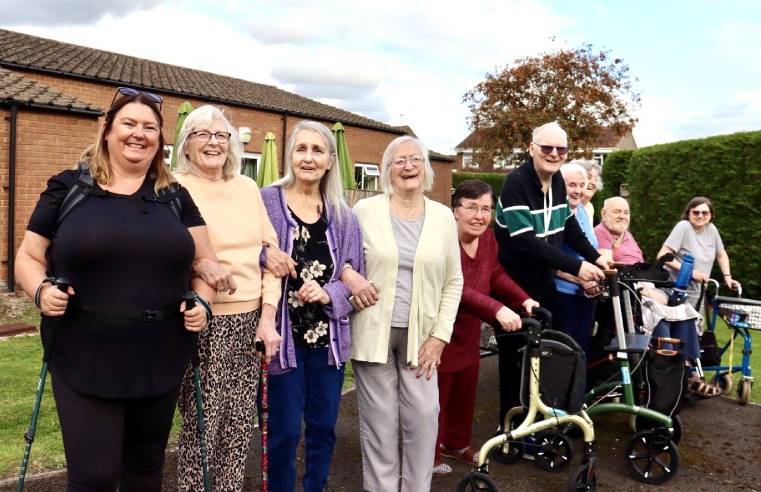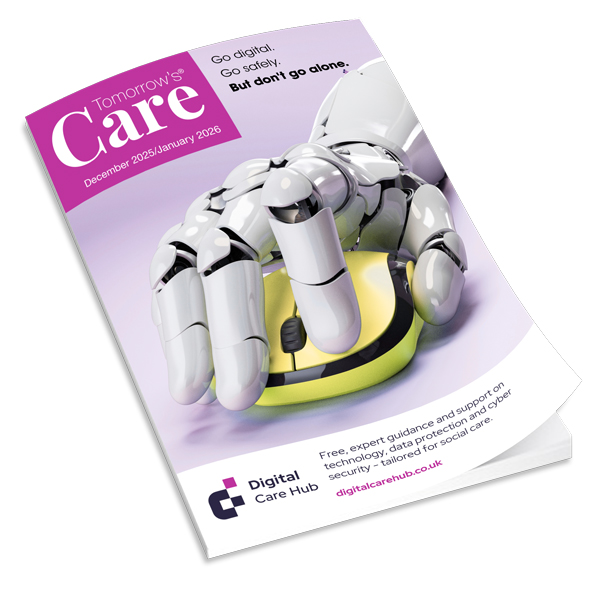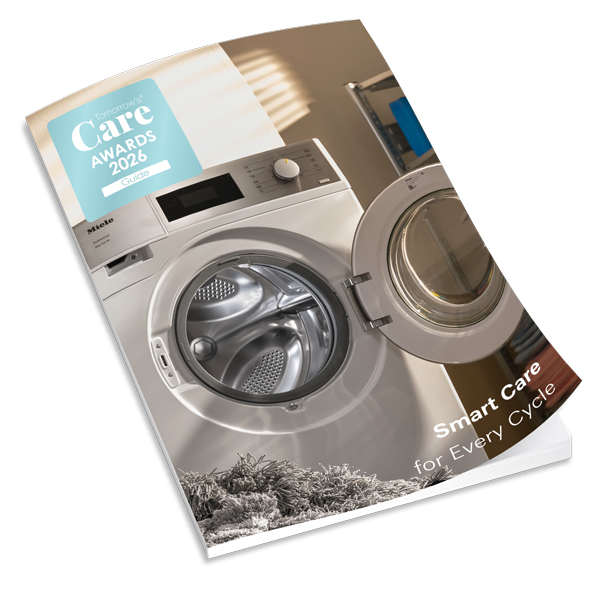‘Why do older people get less palliative care than younger people?’, published in the European Journal of Palliative Care, examined the end of life experiences of 65 patients in Scotland who were diagnosed with brain and bowel cancer, liver failure and frailty.
The report concluded that more effort should be made to identify triggers for palliative care in older people.
The study highlights a disparity in the diagnoses of people who are dying, with people in this age group often viewed as ‘old’ or ‘infirm’.
Co-author Professor Scott Murray University of Edinburgh Primary Palliative Care Research Group and St Columba’s Chair of Primary Palliative Care said: “People need to know that palliative care has something to offer everyone so that they can live as well as possible wherever they are. It can prevent much unnecessary distress by helping people with whatever worries them most, whether they have cancer, heart failure or living with frailty.”
Dr Anna Lloyd, research fellow at St Columba’s Hospice and part of the research team, said: “The research we have undertaken has highlighted the need to help healthcare professionals recognise when people may be helped regardless of diagnosis or age and how palliative care can support patients at all stages of many illnesses. Palliative care can be beneficial to people living with many conditions or illnesses whether they have months, weeks or days left.
"At St Columba’s Hospice our Centre for Education & Research already works closely with the NHS and other medical and healthcare providers to train practitioners and we are pleased to be contributing a solution that helps to alleviate this problem.”





















